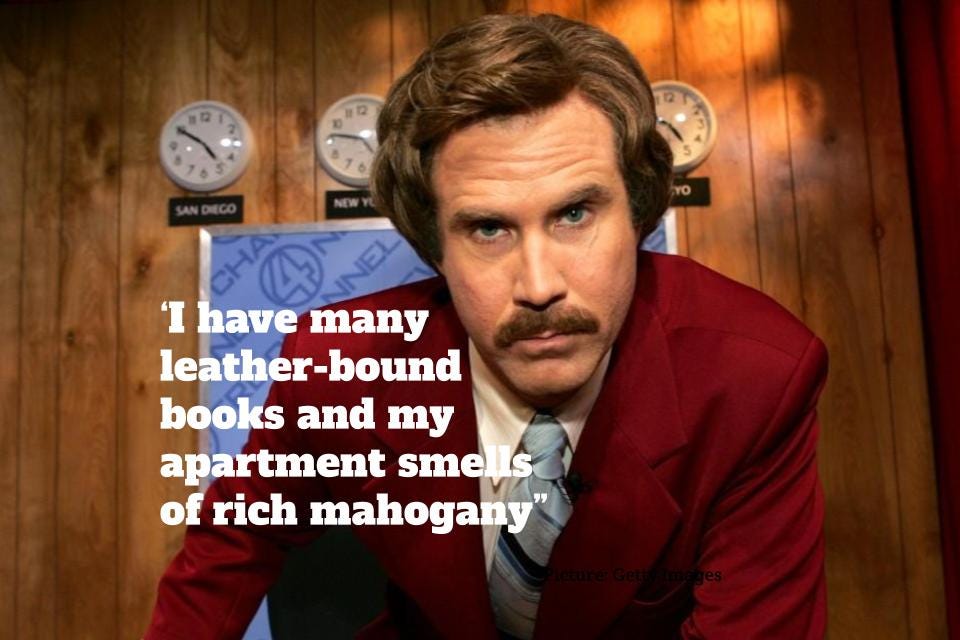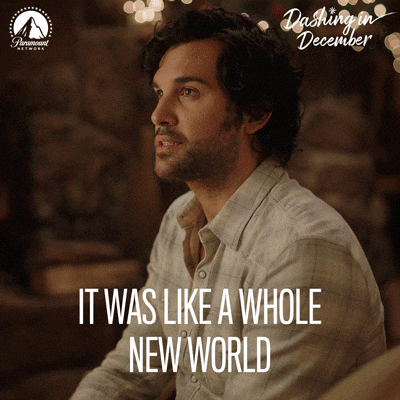We humans are a very trusting species. We’ve evolved through culture; receiving, believing and acting on stories we’re told by others. We accumulate these stories to share in an understanding of the world around us.
Trust in a narrative can be hugely positive. Trust brings peace of mind and absence of anxiety. A world without trust is a world run by fear. However, in today’s world of endless noise, fake news, and senseless chaos, it’s a good time to re-evaluate what we may have previously accepted, to question how much of our ‘knowledge’ was collectively built on false narratives.
Though it may sound daunting, there’s something enormously liberating about shrugging off the ideas we carry that might have been weighing us down.
In 2014, whilst training in Neuro-Linguistic Programming, it was suggested that I should be tested for dyslexia. The suggestion seemed crazy to me, given that I was 29 at the time and had experienced zero barriers to learning at school. Besides, I was (if I do say so myself) an excellent speller!
Discovering I was, in fact, dyslexic blew my mind. How was it possible when I hadn’t experienced any of the challenges associated with the label ‘dyslexia’? Burrowing myself into a research rabbit-hole, I became increasingly frustrated with my own (and our collective) ignorance about a label we’ve termed a learning disability.
More importantly, how much a label can define how we develop in life.
Here’s what I know of my own story..
I didn’t go to nursery school due to a minor miscalculation on my mother’s part (that she assumed I would let go of her leg long enough to actually attend classes). After trying and failing to peel me from her person every day, she started to home-school me (hoping to out-train the inner limpet in time for me to start primary school). It was during this time that she taught me how to read and write.
By age 4, I braved the school gates with a (slightly) better handle on my social please-don’t-make-me-go anxiety, and as it turned out, an above-average level of reading and writing for my age.
Yet apparently I’m dyslexic. Interesting.
The surprise here comes as a result of us thinking of this as a problem, rather than calling it what it is - a different way the brain processes information. One of the many and varying shades on the vast spectrum of neurodiversity, in which we all feature somewhere.
It hadn’t been a barrier to my learning because my mother taught me in a way that I could understand - seeing words as images, creating strong visual links to the letters and their formation, understanding why letters appear out of place and how to detect and correct them - an immediate brain edit that takes no time at all. No threat, no fuss …no problem! As a consequence, the teachers told me from day one that I was ‘clever’.
Why is this infuriating? Because it was that label that defined my future relationship with learning and academic confidence. Flip that around and consider the label usually given to children with dyslexia. ‘Cerebrally challenged’, ‘impaired’. Told they have a ‘learning disability’.
My label meant that when I stumbled on words it seemed irrelevant. If I found something challenging, I assumed it must just be hard, not that I wasn’t up to the task. My younger brother (also dyslexic) followed two years later and was not only told he was slow, but to make things worse (I’ll never understand why teachers do this) that he was nothing like his sister. Unsurprisingly, this defined his relationship with learning.**
It’s frightening how easily these labels stick, whether positive or negative. The lives that have been shaped by social doctrine based on arbitrary moulds and narrow-minded judgements. The subsequent manifestation in the psyche that certain individuals are not acceptable or ‘less than’. Seriously, who decides this sh*t?!
If we were to challenge everything we think we know about ability, personality, and what we label ‘good’ and ‘bad’, it would be interesting to see what might emerge.
At least acknowledging the box we’ve been put into can help us to think outside of it! How many labels, narratives, systems and structures have been built on a little knowledge in a previous time that we simply inherit as truth? How much do we accept what we’re told, what we’re shown we should be, should achieve, should look like? How much freedom, exploration and confidence do we deny ourselves when we don’t question the labels we’re given by others?
The world is, by nature, a complex and beautifully diverse jungle full of life, richness and vibrancy. Yet we’ve worked very hard over the years, with our labels and boxes, to turn it into a dull formulaic warehouse. It’s a choice we each make for ourselves, but I sure know which world I’d rather live in.
** I wrote more about this in a previous post about neurodiversity.
Reflection
What have you consistently been told, or taught to believe about yourself?
Were/are you told you’re messy, lazy, selfish, ruthless? Perhaps less or more intelligent than others? Too angry, too passive, too needy, too cold?
Who decided that? How are you measuring it? Are there positive attributes to this quality? With all things considered, is it a label that still fits you, or does it need to be discarded?







This is an extremely valuable reflection. The Way you can describe how your brain recognizes things is, in my view, an incredibly valuable insight.
I completely agree that there are no learning disabilities. Only different learning styles but the arrogance of the system always labels what's different as wrong. I would dare say that every single one of us reading this post is different than everyone else. Call us all impaired then or just be honest about it--call us all uniquely individual. Loved this post. Thank you Hannah.